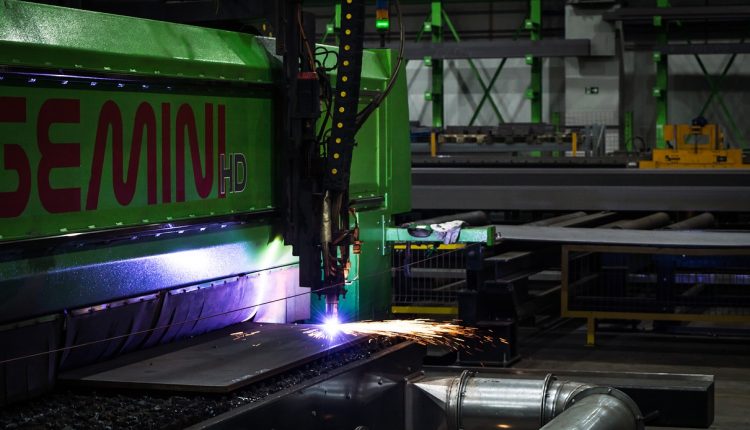New technology will lead to more than 140,000 Mersey job roles disappearing by 2030
Centre for Cities says advances in AI and automation will mean many existing roles will cease to exist but also predicts rises in employment in new roles, both high and low-skilled. Tony McDonough reports

More than 140,000 current Liverpool city region 140,000 job roles will cease to exist by 2030 due to artificial intelligence and automation – representing a fifth of the current workforce, a new study claims.
In a report published on Monday think tank Centre for Cities says those jobs most at threat are in sectors such as retail, customer service and warehousing.
The study said advancing technology would both destroy and create jobs over the coming decade with around 9% of existing jobs in the Liverpool city region expected to increase.
However, it said that in the UK as a whole 3.6m current jobs roles would cease to exist by 2030 with the total in Liverpool expected to be 141,300.
Peel Ports tells city region kids about careers in logistics and maritime – click to read more
Significantly, however, this risk is not spread evenly across the country, with cities in the North and Midlands more exposed to job losses than locations in the South. Around 18% of jobs are under threat in Southern cities, compared to 23% in cities elsewhere in the country.
Centre for Cities said 17% of the jobs predicted to grow in the city region over the coming decade would be high-skill private sector jobs – however, it also said 31% would be in low-skill private sector roles.
Liverpool is making efforts to increase the number of higher-skilled jobs with the £1bn Knowledge Quarter Liverpool project well under way. The city is also home to the £15m Sensor City project, a digital research centre and business incubator that aims to help create 1,000 jobs.
And the City of Liverpool College is also investing heavily in new skills, opening its £2.5m Digital Academy late last year.

Andrew Carter, chief executive of Centre for Cities, said: “Automation and globalisation will bring huge opportunities to increase prosperity and jobs, but there is also a real risk that many people and places will lose out.
“The time to act is now – national and local leaders need to ensure that people in Liverpool and its neighbouring areas can share in the benefits these changes could offer.
“That means reforming the education system to give young people the cognitive and interpersonal skills they need to thrive in the future, and improving school standards, especially in places where jobs are most at risk.”

